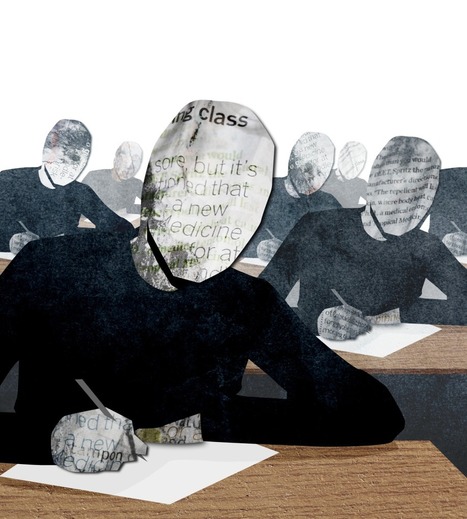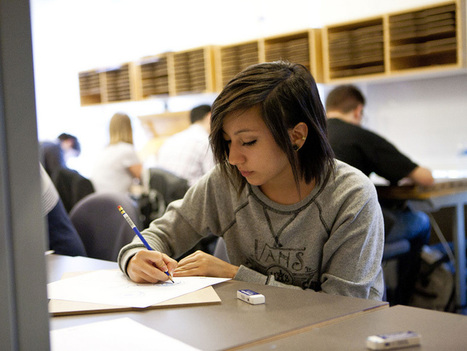"“So it was an instrument of radical change, that’s what they thought it was. And then around about the middle of the 1980s …this computer got into the hands of school administrations and the ministries and the commissioners of education, state education departments. And now look what they did with them … The establishment pulls together and now they’ve got … a computer curriculum, and there’s a special computer teacher. In other words, the computer has been thoroughly assimilated to the way you do things in school.” — Papert, in Papert & Freire, late 1980s via Milne (2013)."
Via Ana Cristina Pratas, iPamba



 Your new post is loading...
Your new post is loading...









